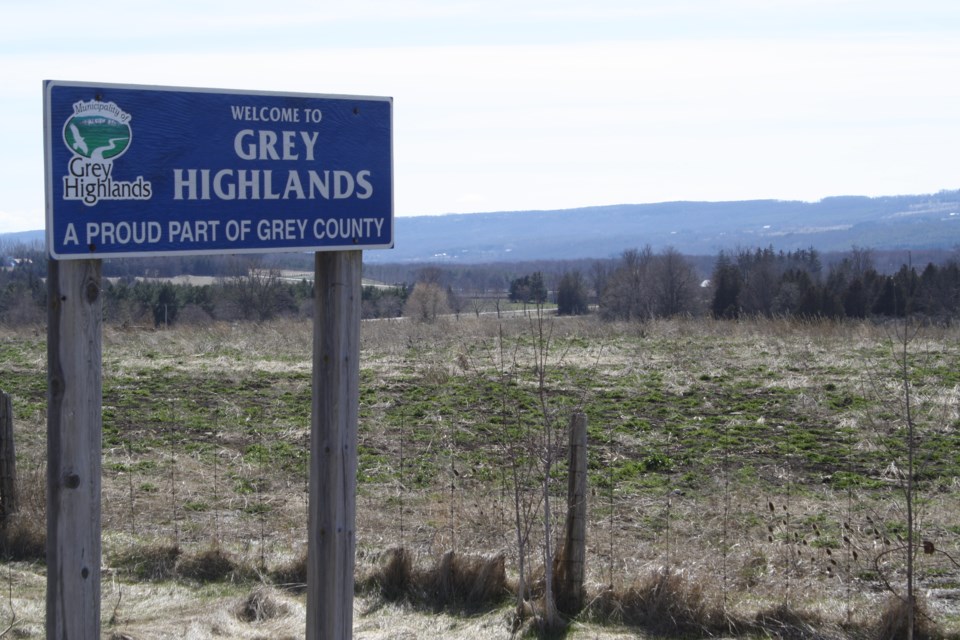Grey Highlands council is planning to amend its planning regulations to allow mobile homes in the community.
At its committee of the whole meeting on March 27, council passed a resolution recommending that council begin the process to amend the official plan and the zoning bylaw to delete wording that bans mobile homes in the municipality.
The recommendation will be considered at council’s next meeting on April 3.
Mayor Paul McQueen and Coun. Joel Loughead brought the issue to the committee table after meeting with a local resident about a problem the current regulations are creating.
Loughead explained that a local property owner wants to locate a home on their property, but because the home would be transported to the property as a trailer, it is not permitted under current regulations.
The structure is 70 feet long and would be towed to the property. The wheels and axles would then be removed and the home would be placed on a concrete foundation.
“How can we modernize and refine those definitions to best help people in Grey Highlands meet their goals with affordable housing?” Loughead asked.
McQueen said the current rules put the municipality “in a bit of a spot” and need to be changed.
“How can we as a council streamline that? Zoning has changed in the last 15-16 years,” he said, noting that the housing crisis means alternatives that weren’t allowed previously must now be permitted. “Necessity is moving us in that direction.”
Matt Rapke, manager of planning, told council the quickest way to end the prohibition on mobile homes would be housekeeping amendments to the official plan and zoning bylaw that would delete the mobile home definitions.
Rapke said the zoning bylaw review and update that is underway would solve the problem when complete, but he said immediate amendments deleting the definition would be faster.
Rapke noted that the definitions in the official plan and zoning bylaw about mobile homes are “contradictory” and don’t make a lot of sense.
Rapke said prohibitions on mobile homes date back to the earliest days of zoning bylaws in North America. He said the prohibition was a “boilerplate” item that was copied from bylaw to bylaw.
“It is a classist prohibition on low-income people,” said Rapke. “There is no other reason. Bylaws then get copied and (the definitions) exist until deleted.”
Rapke estimated that the housekeeping amendments could be completed in a six-month time frame. The official plan portion would have to be approved by Grey County. He noted that there is a public notice requirement and public meetings would have to be held.
Loughead wondered what would happen if council simply passed a bylaw that declared mobile homes are permitted.
“What are the repercussions?” Loughead asked.
Rapke explained that the Planning Act says council can’t allow things that don’t conform with zoning and official plans. However, he also said once the 20-day appeal period passed on such a bylaw, it was in effect – conformity or not.
“If no one appeals, nothing happens. Mobile homes are permitted,” he said. “It’s not what you’re supposed to do as a municipality. You’re supposed to follow the Act and the official plan.”
Rapke also said there was a risk such a bylaw would be appealed to the Ontario Land Tribunal, a process that would be costly and would take longer than the housekeeping amendment process.
McQueen moved the motion to make the recommendation to council that the housekeeping procedure be initiated.
“Let’s move forward and strike it from the bylaws. It’s the times. It just makes sense,” said McQueen.



